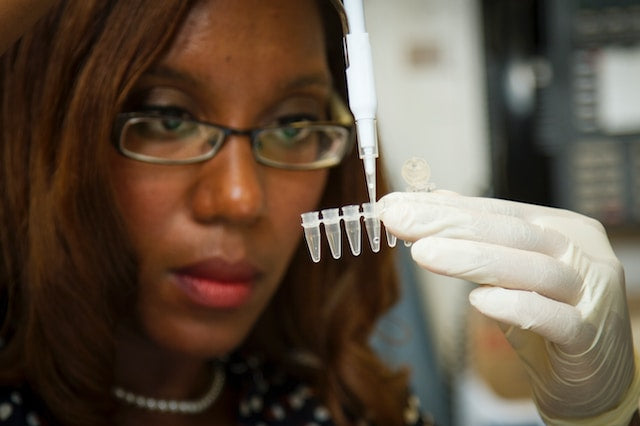Significant advances in medical science over the past few decades have given rise to the era of genetic testing—and for good reason. This type of testing allows specialists to dig deeper into a patient to discover the likelihood that they will develop a range of conditions, from heart disease to cancer.
But while genetic testing helps us know more about our bodies so we can ideally avoid disease, it does have some scientific, psychological, and financial limitations. If you're considering this type of test, read on to see whether it's right for you.
Pros of genetic testing
Early detection
After getting the results of a genetic test, you might discover that you're predisposed to developing certain types of cancers. This can help you become more proactive about taking healthier measures to lower your chances through diet and lifestyle.
Knowledge
Test results can inform you about your risk factors for certain diseases. Similar to early detection, this knowledge can empower you to make healthier decisions about your life and the way you live it.
Convenience
Genetic testing is cheaper and easier to get than even just a few years ago. What's more, there are direct-to-consumer tests you can take home and do yourself if you'd rather not visit a clinic.
Support
Before any clinical genetic test, you can expect to undergo genetic counseling to better understand the test itself—and its results. A genetic testing specialist can also guide you toward understanding what to actually do with the test results once you have them.
Cons of genetic testing
Uncertainty
Genetic testing can detect whether a genetic mutation is taking place, but it can't specifically tell you whether you'll actually develop a particular disorder. Genetic testing also cannot detect every single variation that might cause a specific disorder (and there are a lot of variations).
Environment
While genetics play a role in how we develop and the conditions that affect us throughout our lives, it's only part of the equation. Environment—think household chemicals, pollution, beauty products, and the like—often plays a larger role than we think, and it contributes pretty significantly to our overall health over time.
Cost
Health insurance often doesn't cover genetic testing, so the money will have to come out of your pocket. This cost ranges widely among providers as well, prompting many consumers to buy at-home kits (which aren't as precise or involved as clinical testing).
Emotional toll
Test results might show some dire news—news that might upset you or take an unnecessary emotional toll. If a result shows that you are predisposed to cancer or heart disease, for example, it can cause significant psychological distress.
The bottom line
With many things in life, it's often better to know than to not know. In the case of genetic testing, though, you might simply be better off living your life to the best of your ability—getting plenty of exercise, eating as best you can, avoiding as many external environmental factors as possible—for the best chance at beating disease.




